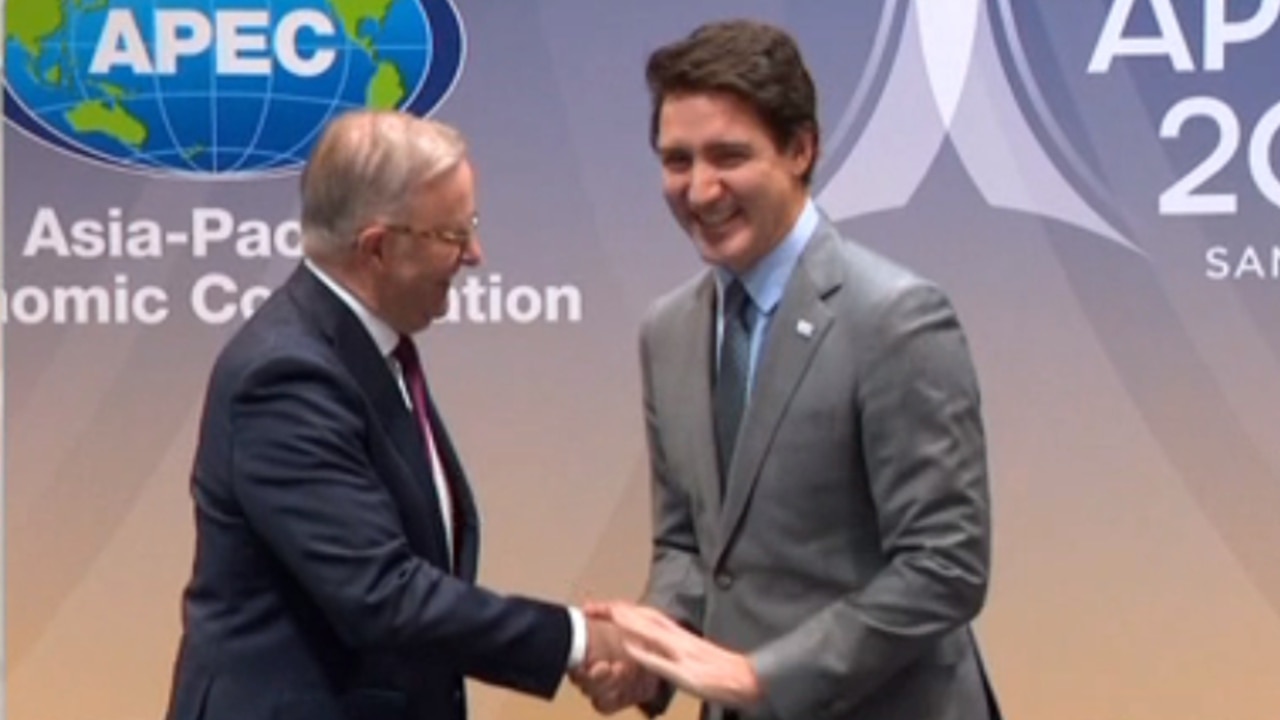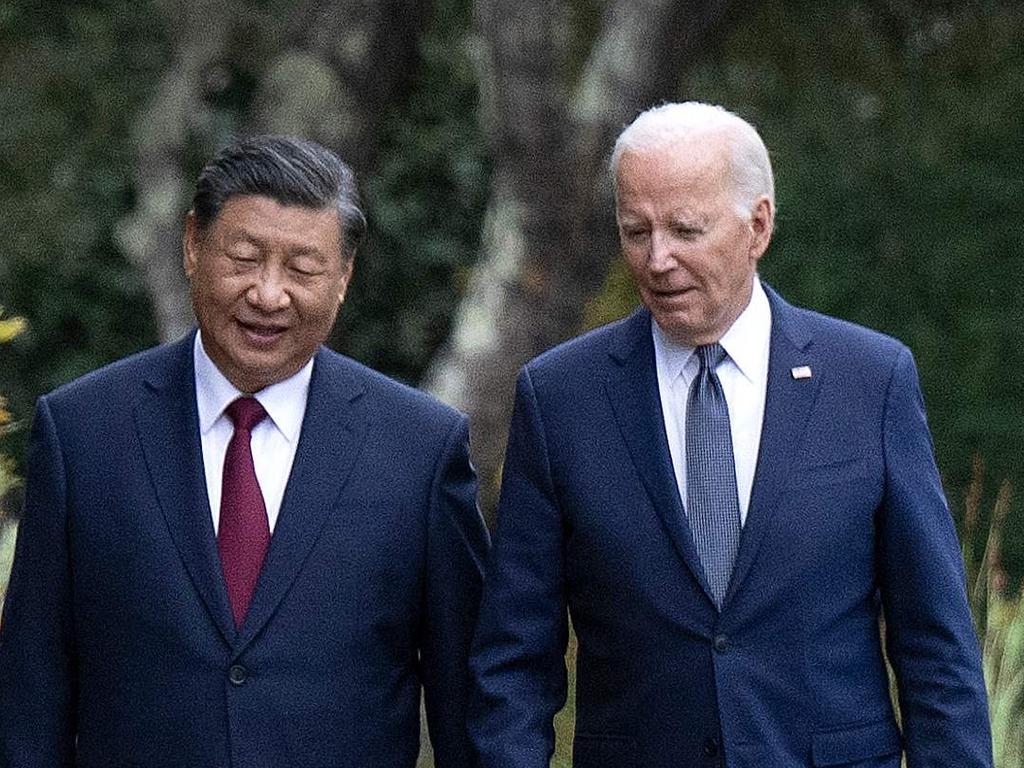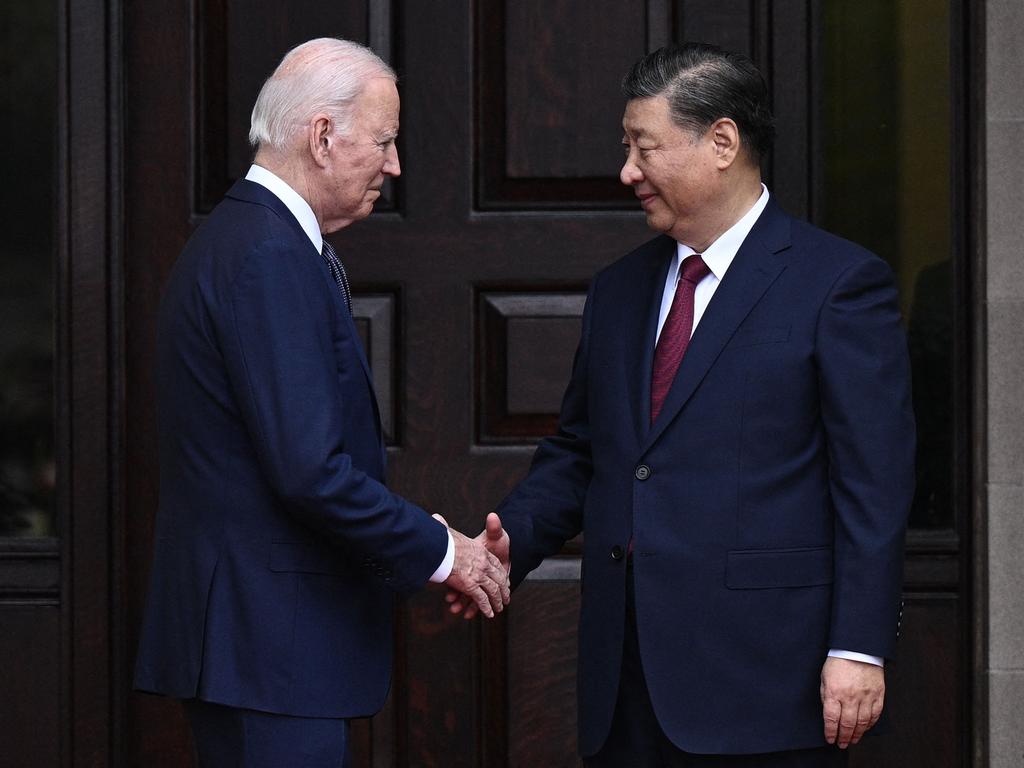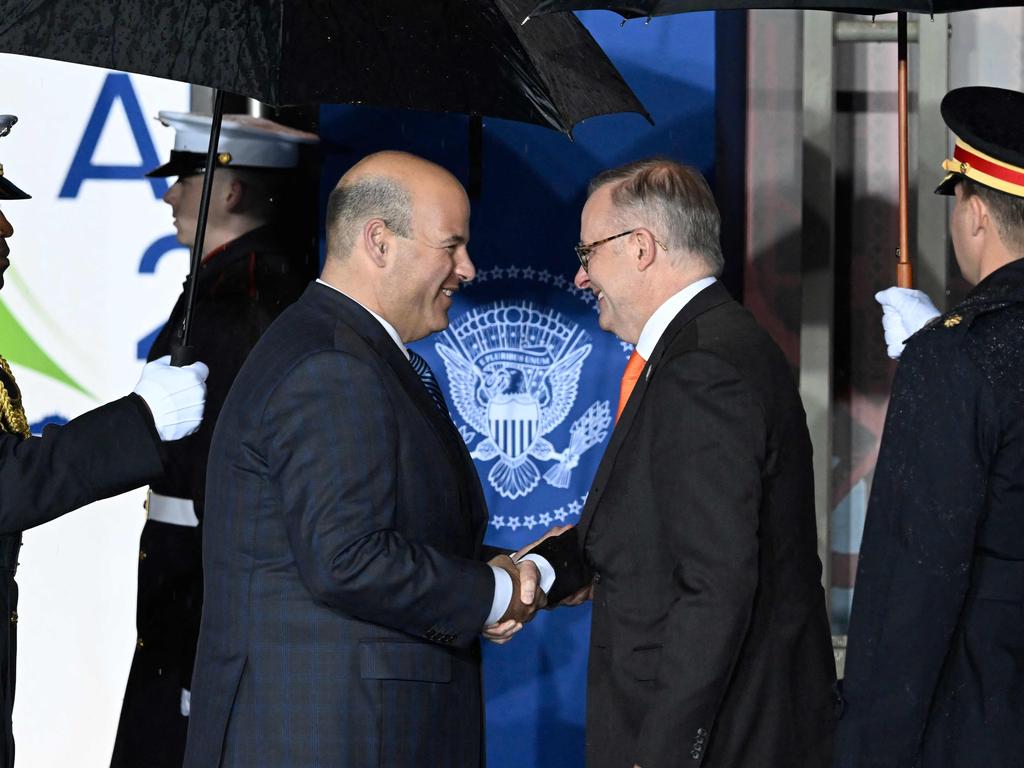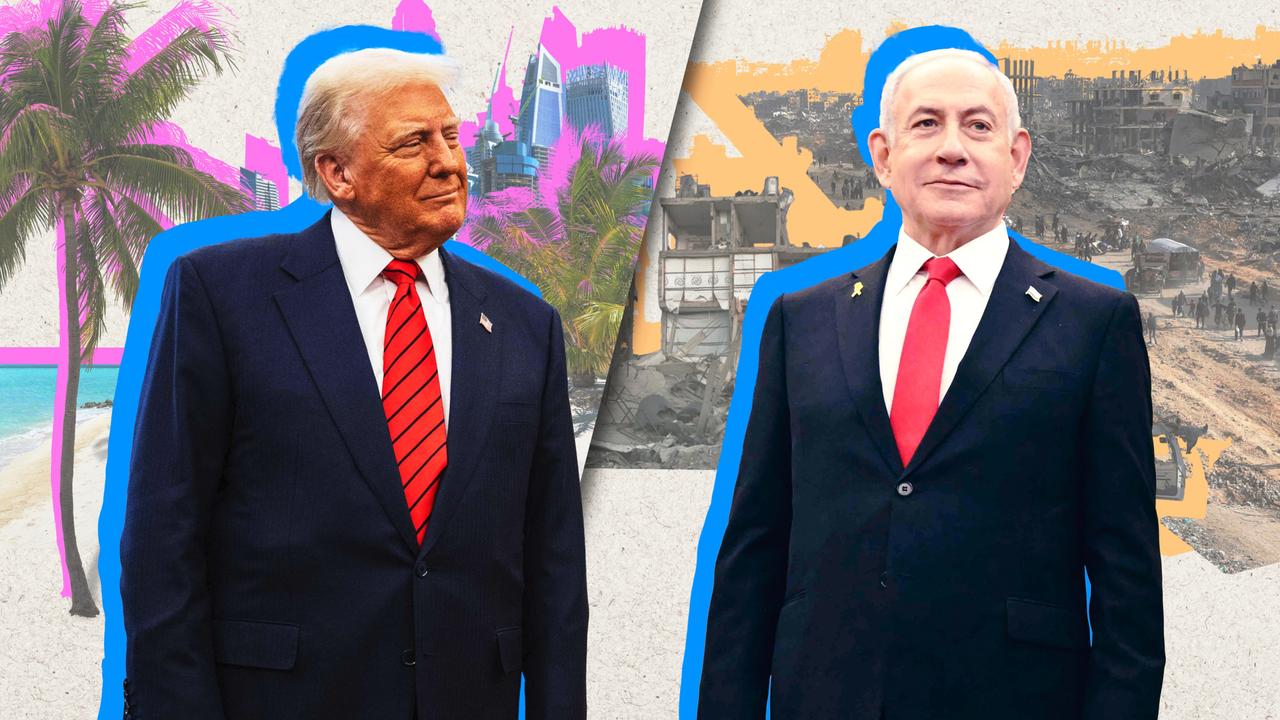Joe Biden tells APEC meeting the Pacific is more vital than ever to the US
The President used his APEC address to reaffirm he was ‘de-risking’ economic relations with Beijing — but ‘not decoupling’.
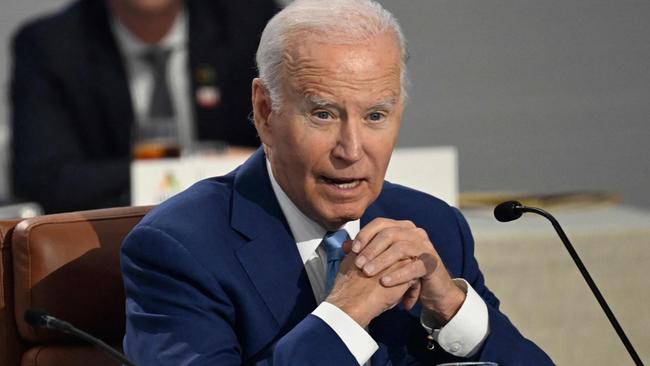
US President Joe Biden has used an address to the Asia Pacific Economic Cooperation in San Francisco to declare the Pacific “more vital than ever” to American interests, reaffirming that he was “de-risking and diversifying” economic relations with Beijing – but “not decoupling.”
Following his four-hour meeting with Chinese President Xi Jinping the previous day, Mr Biden told world leaders that the US would be firm in standing up for its values and interests while also working to “avoid surprises and prevent misunderstandings”.
He argued the US was aiming to “responsibly manage the competition” between Washington and Beijing, declaring that: “A stable relationship between the world’s two largest economies, is not merely good for the two economies, but for the world.”
Speaking to chief executives attending the APEC summit, Mr Biden said the shared objective of member economies was to ensure the Asia Pacific was “free and open, prosperous and secure, resilient and connected”.
“I’ve said for a long time, the United States is a Pacific power,” he said.
Reflecting on the relationship with China, Mr Biden said that Mr Xi had previously asked him why America was so engaged in the Pacific.
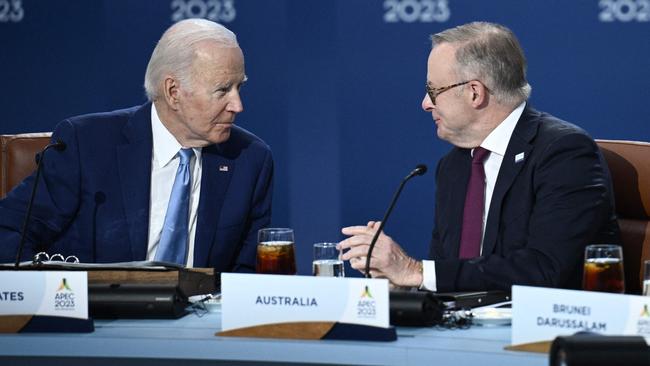
Mr Biden said that he had told the Chinese leader: “It’s because we are a Pacific nation.”
“Because of us, there’s been peace and security in the region allowing you to grow. He (Xi) didn’t disagree.”
“The United States remains vital to the future of the region and the region is more vital than ever to the United States of America. This has been my outlook from day one,” Mr Biden said. “We are not going anywhere.”
Mr Biden, who has met with Mr Xi more than any other leader, said that his discussions with the Chinese leader had always been “candid and constructive” and clarified that “the United States does not seek conflict.”
He said the resumption of military-to-military dialogue would “reduce the risk of accidental miscalculation” and, though Washington and Beijing, had “real differences” these would be properly worked through.
“We are going to continue our commitment to diplomacy, avoid surprises, prevent misunderstandings,” Mr Biden said. “A stable relationship between the world’s two largest economies is not merely good for the two economies but for the world. It’s good for everyone.”
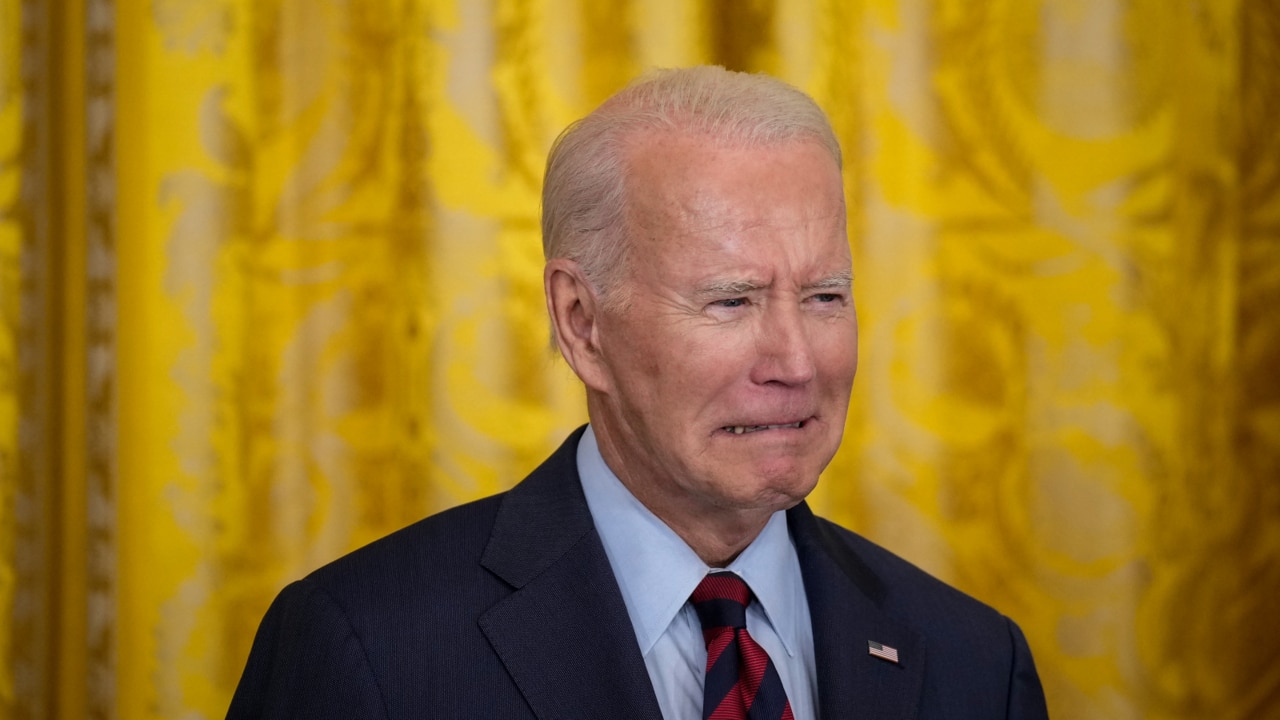
Anthony Albanese arrived earlier at the leaders’ summit in San Francisco and kicked off a series of meetings, holding bilaterals with Canadian Prime Minister Justin Trudeau and Thai Prime Minister Srettha Thavisin before participating in the usual APEC “family photograph.” Australia’s ambassador to America, Kevin Rudd, who is attending the summit, also sat in on the meetings with the Prime Minister.
Mr Albanese met earlier with California Governor Gavin Newsom and BlackRock chief executive Larry Fink who was one of many business leaders – along with Apple chief executive Tim Cook and Tesla boss Elon Musk – who attended a dinner the previous night with Mr Xi.
During the first session of the APEC leaders – where sustainability and climate change were the key themes – Mr Albanese was seated next to the US President who argued that the world was at an “inflection point” where decisions made now would determine the trajectory of the globe for the next several decades.
“It’s the only existential threat to humanity,” Mr Biden said. “Only together can we keep the goal of limiting warming to 1.5 degrees Celsius within our reach.”
“The impacts of climate change are being felt the most by those countries that contribute the least to the problem,” he said. “This year, the world is on track to meet the climate finance pledge that we made under the Paris agreement of $100bn collectively.”
In his bilateral meeting with Mr Trudeau, the Canadian leader described Mr Albanese as a friend and argued that both nations had taken a strong stance on Russia’s invasion of Ukraine and were very closely aligned on the unfolding conflict in the Middle East and on the need to find a “path to lasting peace.”
He said that Canada, as chair of the CPTPP (Comprehensive and Progressive Agreement for Trans-Pacific Partnership) trading bloc in 2024, had appreciated Australia’s leadership on trade.
Mr Albanese said Australia and Canada had similar economies and values and appreciated the fact Canadians were “big investors” in Australia. He said Australia and Canada both had great resources of critical minerals to help drive the clean energy transition.
More Coverage
